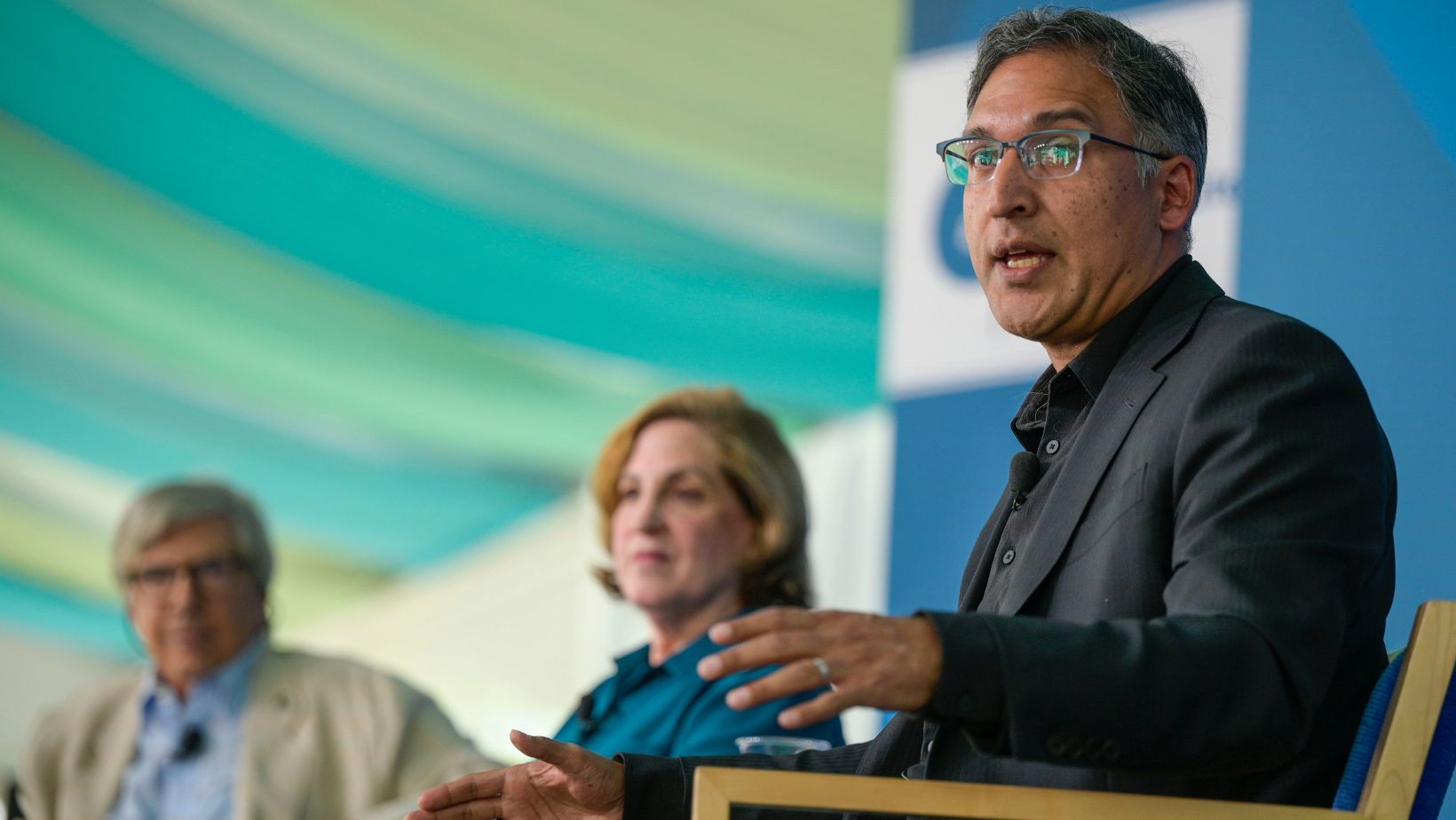Last weekend, the 2011 Justice and Society Program Seminar participants held the first of what I suspect will be many reunions. A group that met as strangers in July 2011 at the Aspen campus has remained in touch through e-mail, impromptu meetings, and, for the New Yorkers (with occasional participation by a Boston resident), as a biography book club. I traveled to New York City to join the group, not even a year after we said our farewells at the Meadows, to enjoy their company and to figure out the “special sauce” that has made this diverse group—lawyers, judges, investors, entrepreneurs, and a former Chairman of the Joint Chief of Staff—cohere so well. The network that it has formed is engaged in an ongoing intellectual dialogue, across partisan and ideological lines, and even across national borders—remaining in touch with two alumni from the Persian Gulf. The engagement of lively minds with critical issues embodies, at its best, the Aspen Idea.
Here is what I learned:
- Ideas matter. While it is obvious that people who come to the Aspen Institute are interested in ideas, the willingness to debate ideas in a trusting and open forum is a gift. At college, it seems natural to have these sorts of debates, but as adults, we are far more guarded. The Justice and Society Program seminar is a chance to overcome inhibitions to the spirited intellectual contests of our youth, and the 2011 group has continued in this spirit. Its book club has read the Steve Jobs biography by our own Walter Isaacson, a biography of the Constitution by 2011 seminar moderator Akhil Amar, and, most recently, American Prometheus, a biography of J. Robert Oppenheimer by Marty Sherwin. The discussion hour during our weekend reunion focused on the revocation of Oppenheimer’s security clearance, and the current debate over secrecy and its impact on American democracy. The lens of history enriched and deepened the discussion, which was a model of civility, very much in keeping with the seminar style employed in our summer session.
- Connectors count. We have had some great people join us for the Justice and Society Seminar over the years, but not always have we had people who are such good correspondents as the 2011 group. In future years, we’ll try to facilitate the process for this class and the ones that follow, through our website and regular opportunities for seminar alumni to connect with each other.
- Personal affection is an antidote to ideological strife. Old-timers in Washington can remember an era, not so long ago, when members of Congress from opposing sides could contend vigorously on the floor of the House or Senate and then dine (or drink) peaceably together the same evening. They understood that personal regard and civility were a separate value from politics. Our 2011 seminar participants span the political spectrum, but genuinely like and respect each other. After a vigorous debate, they still shared an amicable meal, and continue to look for projects to pursue in common.
The 2011 seminar participants are building a durable and safe space for discussion of the ideas that the Justice and Society Program represents. We are proud of their commitment, and look forward to playing a role in their ongoing dialogue.

